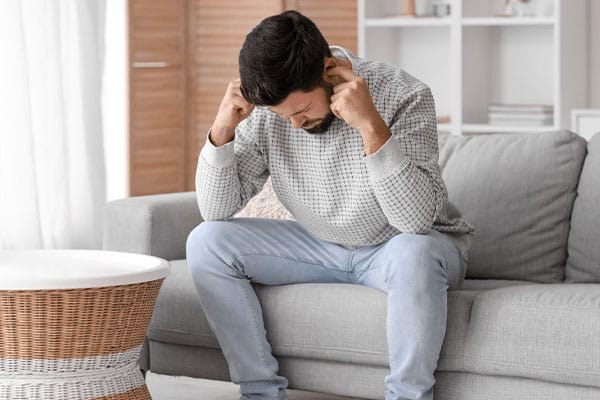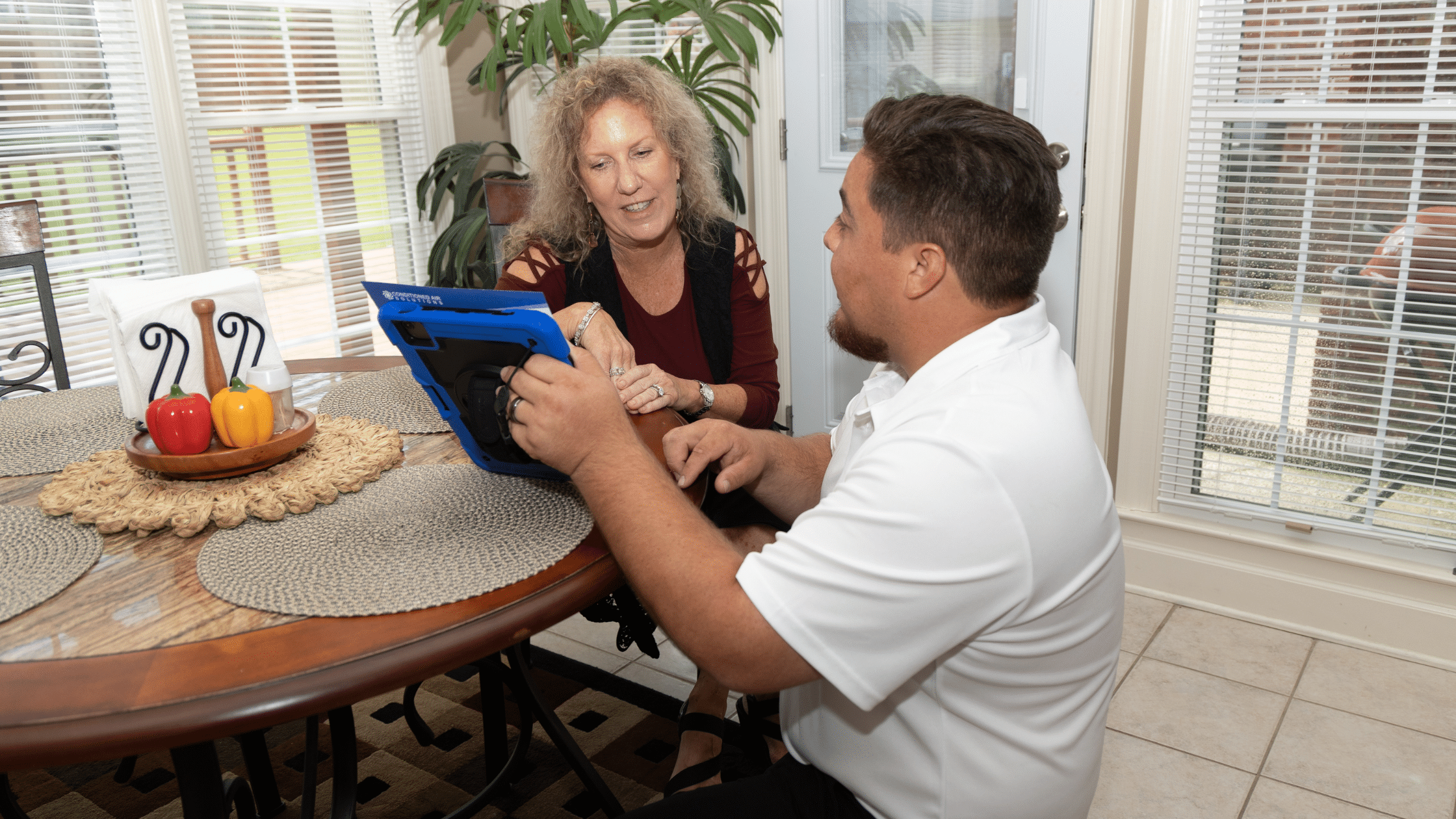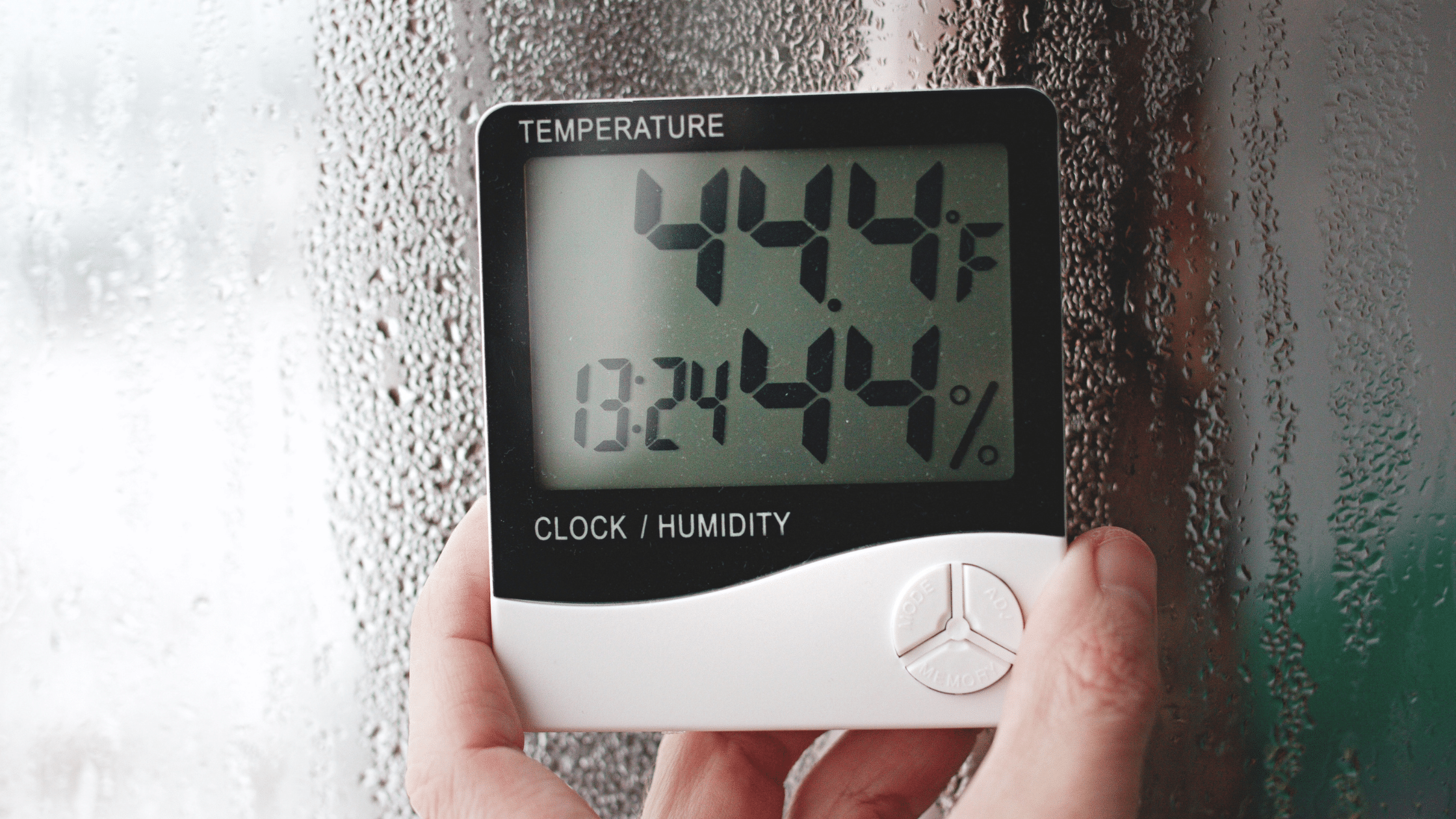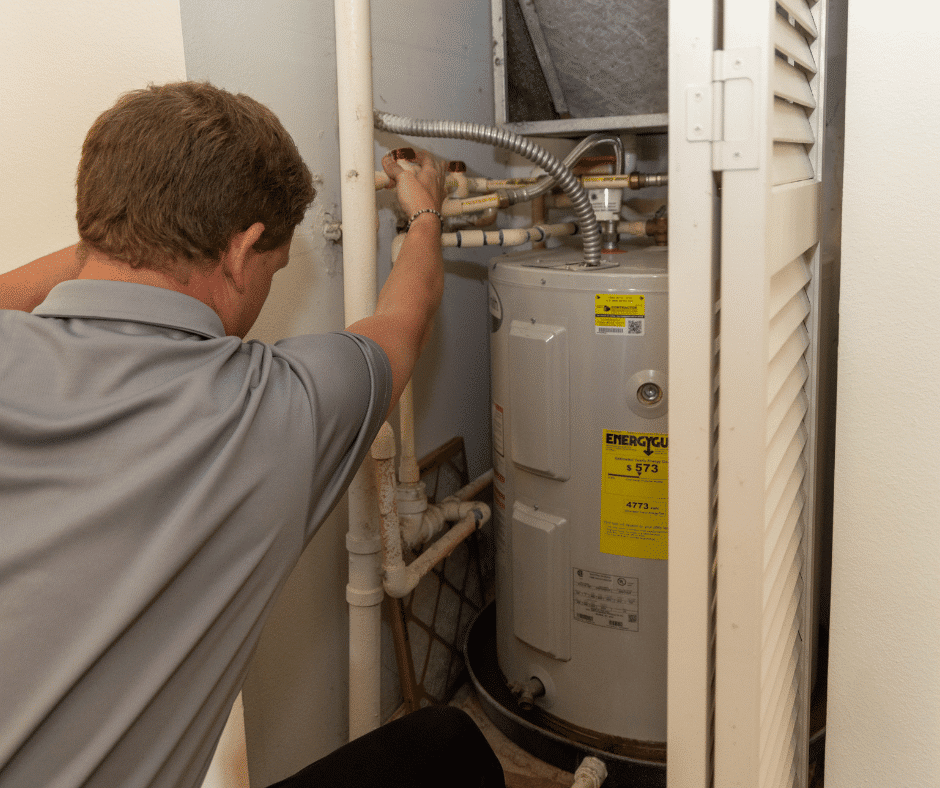You know HVAC system maintenance is important. It's the secret to keeping your home comfortable…

Why is my HVAC unit so loud?
Do you ever wonder why my HVAC unit is so loud? Then, it may be time to investigate if you hear loud noises from your HVAC system. While some sounds may be expected, others could be a warning sign that something is wrong. In this blog post, we’ll cover the most common HVAC loud noises and their meanings so you can better understand what’s going on with your system.
Common Noises and Their Meanings
- Buzzing: Buzzing is usually caused by an electrical issue. If you have an older unit, it could be a sign of failing wiring.
- Banging: Banging noises are usually caused by a problem with the fan blades.
- Hissing or Whistling Sounds: A hissing or whistling sound coming from your AC unit could be a sign of a refrigerant leak
- Squealing: Squealing noises are usually caused by a worn-out belt or motor.
- Rattling: A rattling noise is usually caused by a loose screw or panel. Check the outside of the unit and tighten any screws or panels that are loose.
- Clicking: Clicking or ticking sounds from your HVAC system could indicate a problem with the fan blades or bearings.
- Buzzing or Humming Sounds
If your AC unit is making a buzzing or humming sound, it could be due to several reasons. First, it could indicate that your air filter is dirty and needs to be changed, causing the motor to work harder and produce more noise. It could also be a sign of a loose component in the unit or an issue with the electrical wiring. In either case, our team can help diagnose and repair your loud HVAC unit. - Clanking or Banging Sounds
If you hear a clanking or banging sound coming from your AC unit, it could indicate a more severe problem. It could be due to a loose or broken part in the compressor or motor, which could cause further damage if not addressed quickly. In this case, turning off your AC unit immediately is essential as calling a technician to diagnose and repair the issue. - Hissing or Whistling Sounds
A hissing or whistling sound coming from your AC unit could be a sign of a refrigerant leak. This can be a serious problem as refrigerant is essential to your AC’s cooling ability.A refrigerant leak can cause your unit to work harder and consume more energy, leading to higher electricity bills. It can also lead to frozen coils, damaging your AC unit. If you suspect a refrigerant leak, it’s best to call a pro to repair it. - Squealing or Screeching Sounds
A high-pitched squealing or screeching sound from your AC unit could indicate a problem with the fan belt or motor bearings. A loose or damaged fan belt can cause your AC unit to work harder and produce more noise.Damaged motor bearings can also cause your AC unit to make a loud, screeching noise. In either case, having a professional technician inspect and repair the issue is crucial to prevent further damage to your unit. - Rattling or Vibrating Sounds
If you hear rattling or vibrating sounds from your HVAC system, it could indicate loose or damaged parts.Check for loose screws, bolts, or panels and tighten or replace them as needed. If the issue persists, it’s essential to have a professional inspect and repair the unit to prevent further damage. - Clicking or Ticking Sounds
Clicking or ticking sounds from your HVAC system could indicate a problem with the fan blades or bearings.Check the air filter and replace it if needed, as a dirty filter can cause the fan to work harder and produce more noise. If the issue persists, a professional may need to repair or replace the fan blades or bearings.
Let the expert HVAC techs at Scenic City help you.
Understanding the different noises from your AC unit can help you diagnose and address problems quickly, keeping your home cool and comfortable during the hot summer months. If you notice any unusual sounds coming from your AC unit, don’t ignore them. Maintaining your AC unit can extend its lifespan and save money on energy bills.
Call Scenic City for AC Repair in Chattanooga, TN. Let our team of expert techs inspect, diagnose and repair your loud HVAC unit issues.


